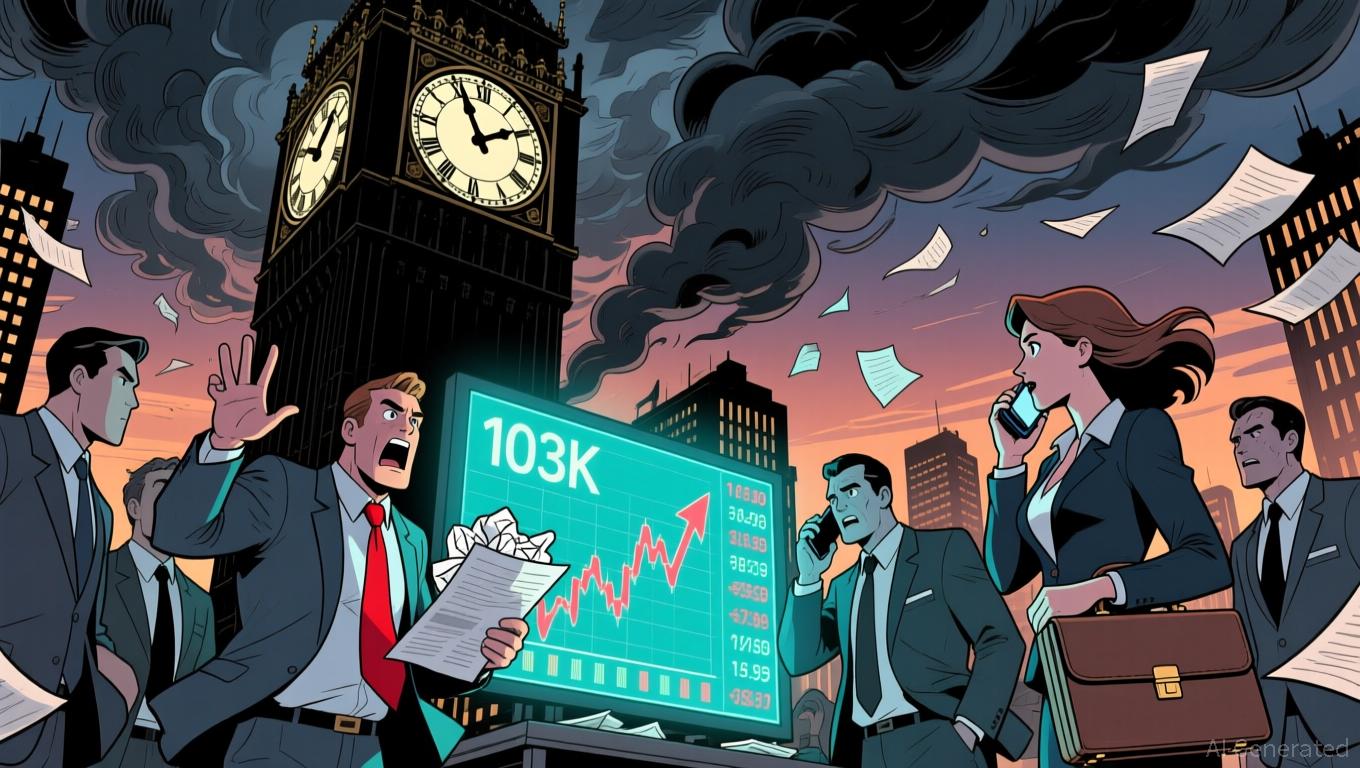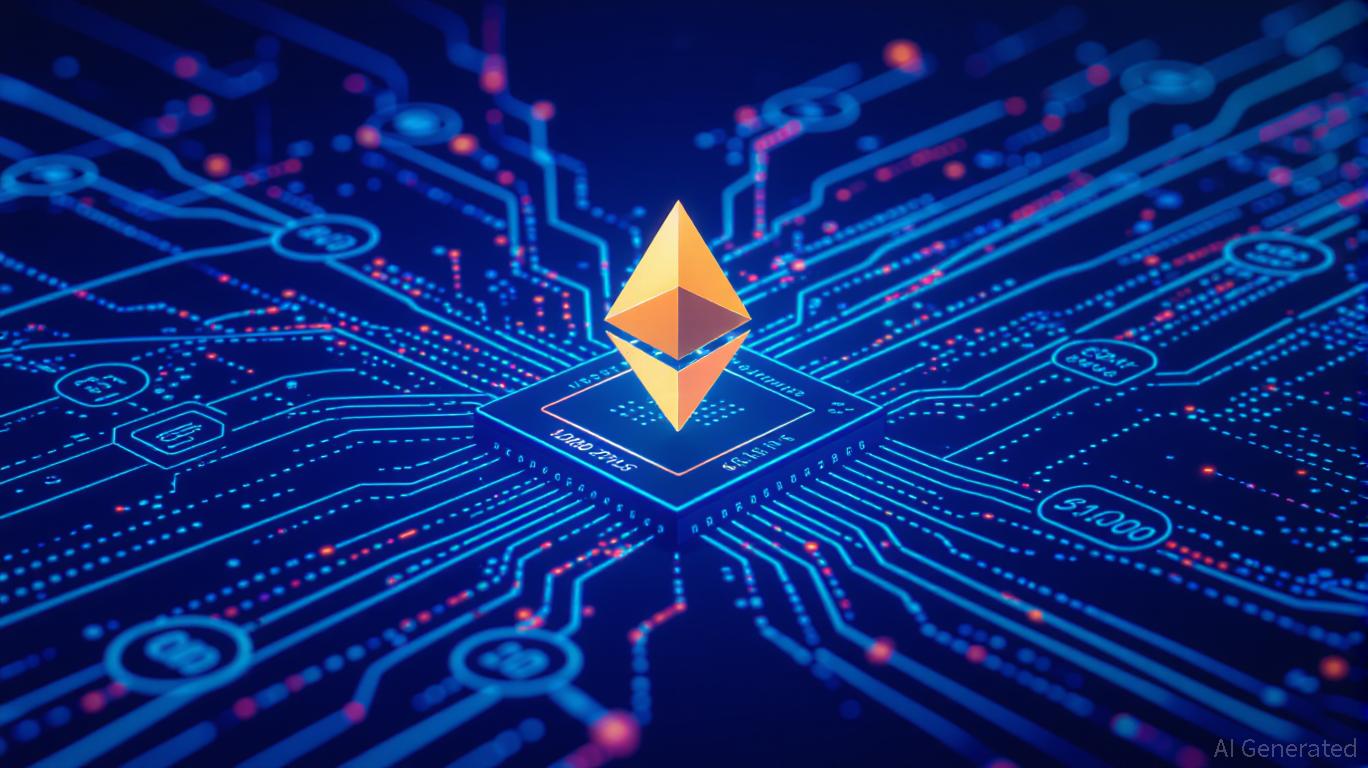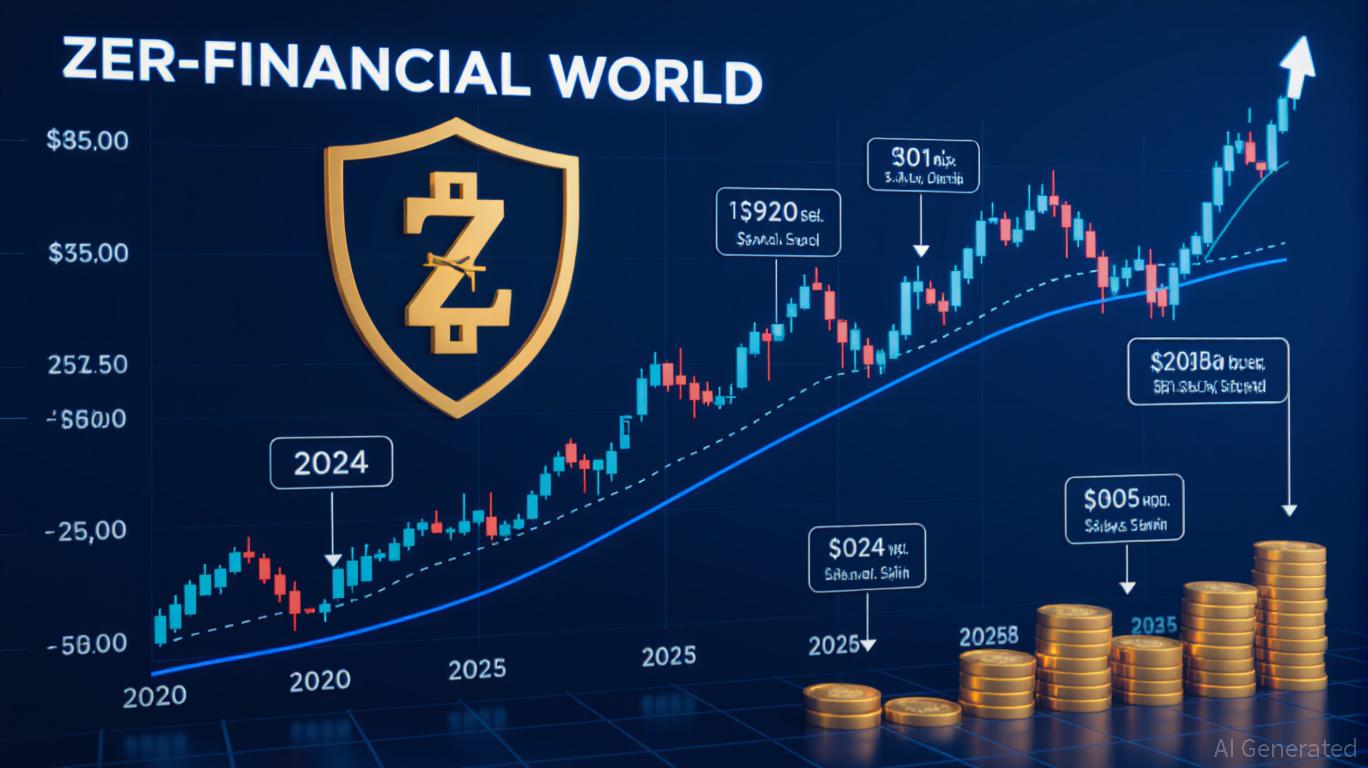DASH Drops 13.71% Following Q3 Earnings Shortfall and Announcement of 2026 Investment Strategy
- DoorDash's Q3 2025 earnings showed revenue above estimates but EPS below, leading to a 13.71% post-earnings stock drop. - Despite strong 25% YoY GOV growth and 13.8% net margin, 2026 investment plans raised short-term margin concerns. - Deliveroo acquisition's adjusted EBITDA contribution dropped by $32–$40M in 2026 due to accounting adjustments, adding investor uncertainty. - Backtesting suggests EPS misses correlate with downward price pressure when paired with significant capital allocation announceme
As of November 6, 2025,
DoorDash Inc. (NASDAQ: DASH) released its Q3 2025 results, presenting a mixed picture: revenue exceeded forecasts, but earnings per share did not meet analyst expectations. The company posted $3.45 billion in revenue, outperforming the anticipated $3.36 billion, yet its EPS came in at $0.55, falling short of the $0.68–$0.69 consensus. This gap between strong revenue growth and weaker profitability became a focal point for investors, as robust top-line performance was offset by disappointing earnings.
The Marketplace Gross Order Value (GOV) for DoorDash reached $25.0 billion, marking a 25% year-over-year increase, while total orders rose 21% to 776 million. The net revenue margin improved to 13.8%, and adjusted EBITDA climbed to $754 million, both reflecting enhanced operational performance and growth.
Despite these favorable figures, DoorDash’s shares fell by about 13.71% in after-hours trading. The decline was largely due to the EPS shortfall and the company’s outlook. Management indicated plans for a substantial boost in investments for 2026, with "several hundred million dollars" earmarked for new projects and platform expansion. This anticipated spending is expected to weigh on near-term profits, prompting investor concerns over short-term margin compression.
The recent acquisition of Deliveroo added further complexity to the earnings story. While Deliveroo is projected to add $45 million to Q4 Adjusted EBITDA, DoorDash noted that its 2026 contribution would be lower due to accounting adjustments.
Backtest Hypothesis
To assess how earnings disappointments affect stock prices, a backtesting approach can be utilized. This method examines stock reactions to earnings announcements, especially when EPS falls significantly below expectations. The process involves pinpointing earnings dates with EPS misses and tracking subsequent price changes.
For DoorDash, this strategy could be used to analyze market responses to such events. Typically, one would select a timeframe—such as from January 1, 2022, to November 6, 2025—and monitor daily closing prices around earnings releases. By focusing on these specific dates and comparing price trends to the broader market, it’s possible to determine if earnings misses reliably lead to downward stock movements.
The backtest would also factor in other elements that might influence share prices after an earnings miss, such as the size of the miss, management’s guidance, and overall market sentiment. In DoorDash’s case, the EPS miss coincided with a major investment announcement, which likely played a significant role in the observed share price decline.
Disclaimer: The content of this article solely reflects the author's opinion and does not represent the platform in any capacity. This article is not intended to serve as a reference for making investment decisions.
You may also like
Bitcoin News Update: Bitcoin’s Drop to $100k Highlights Short-Term Anxiety Versus Enduring Confidence from Institutions
- Bitcoin fell below $100,000 in Nov 2025 amid geopolitical tensions and profit-taking, wiping $1.3B in crypto liquidations. - Technical indicators showed bearish momentum, with whales selling 38.4k BTC while retail traders bought 415 BTC. - Michael Saylor predicted $150k BTC by year-end, citing institutional adoption, as investors shifted to altcoins like AlphaPepe. - Miners like MARA doubled Bitcoin reserves in Q3, but stocks dipped amid macroeconomic uncertainties and volatile price swings.

Vitalik Buterin Backs ZKsync: Driving Layer 2 Expansion and Unlocking Investment Opportunities
- Vitalik Buterin's endorsement of ZKsync's Atlas upgrade validates its technical innovation, boosting institutional interest and investor confidence. - The upgrade enables direct Ethereum liquidity access, achieving 15,000+ TPS and near-zero fees, positioning ZKsync as a key Layer 2 infrastructure. - Buterin's backing triggered a 120% token price surge and $600M market cap, highlighting its potential to dominate Ethereum's scaling solutions. - ZKsync's tokenomics overhaul prioritizes buybacks and staking

Zuckerberg: *The Social Network* Captured My Mannerisms, But Not My Life
- Mark Zuckerberg praised *The Social Network* for accurately replicating his Harvard-era casual style, including owned T-shirts and fleece jackets. - He criticized the film's narrative, calling its portrayal of his Facebook motivations and fabricated romantic subplot "completely wrong." - Zuckerberg highlighted Hollywood's struggle to grasp tech entrepreneurship's intrinsic appeal, emphasizing real-world innovation vs. dramatization. - Despite narrative disagreements, he bought the film's iconic "Ardsley

Zcash Halving Scheduled for November 2025: Triggering Market Fluctuations and Attracting Speculative Investments
- Zcash's November 2025 halving will cut miner rewards by 50%, mirroring Bitcoin's deflationary model and tightening supply. - Historical data shows post-halving price surges, with Zcash's price rising 472% since October 2025 amid $137M institutional inflows. - Privacy-centric features (30% shielded supply) and speculative demand drive volatility, but regulatory risks and competition pose challenges. - Market dynamics highlight tension between scarcity-driven optimism and macroeconomic uncertainties affect
